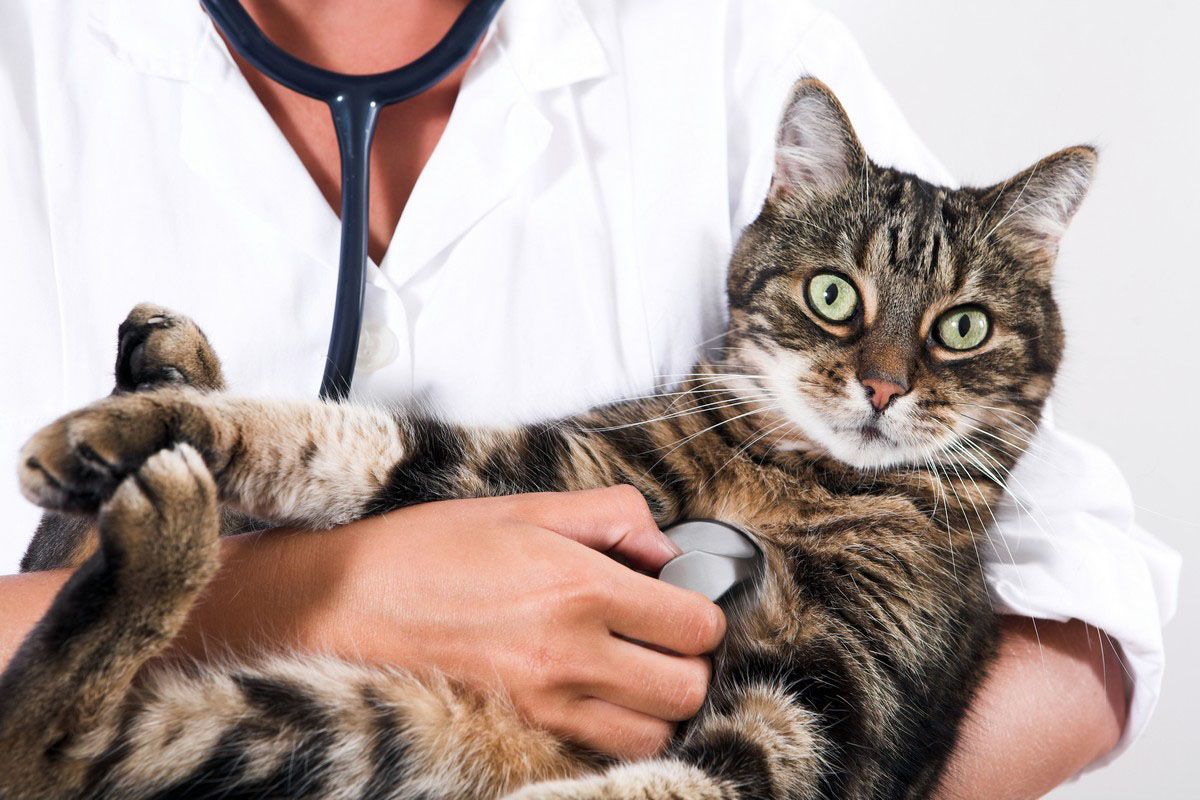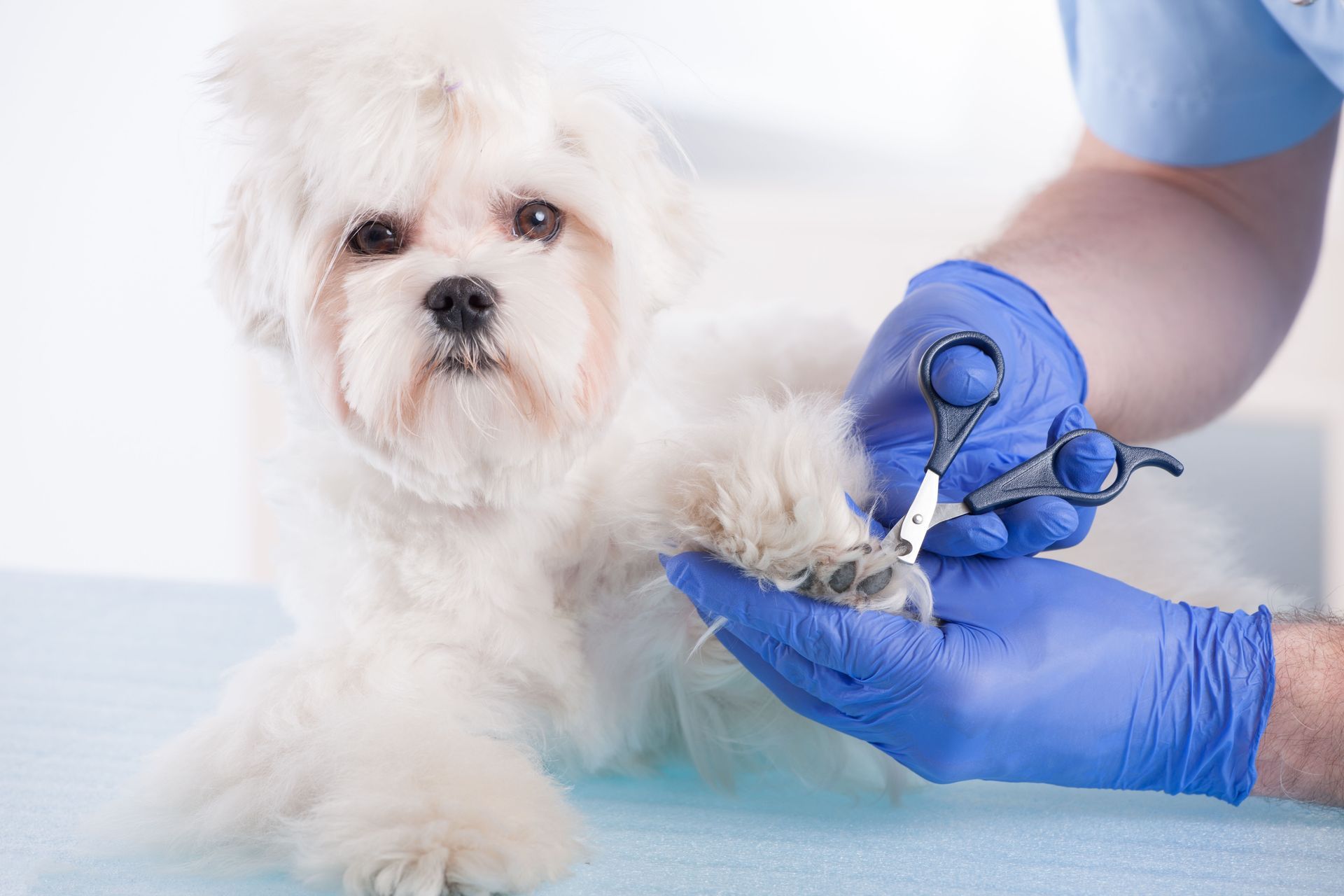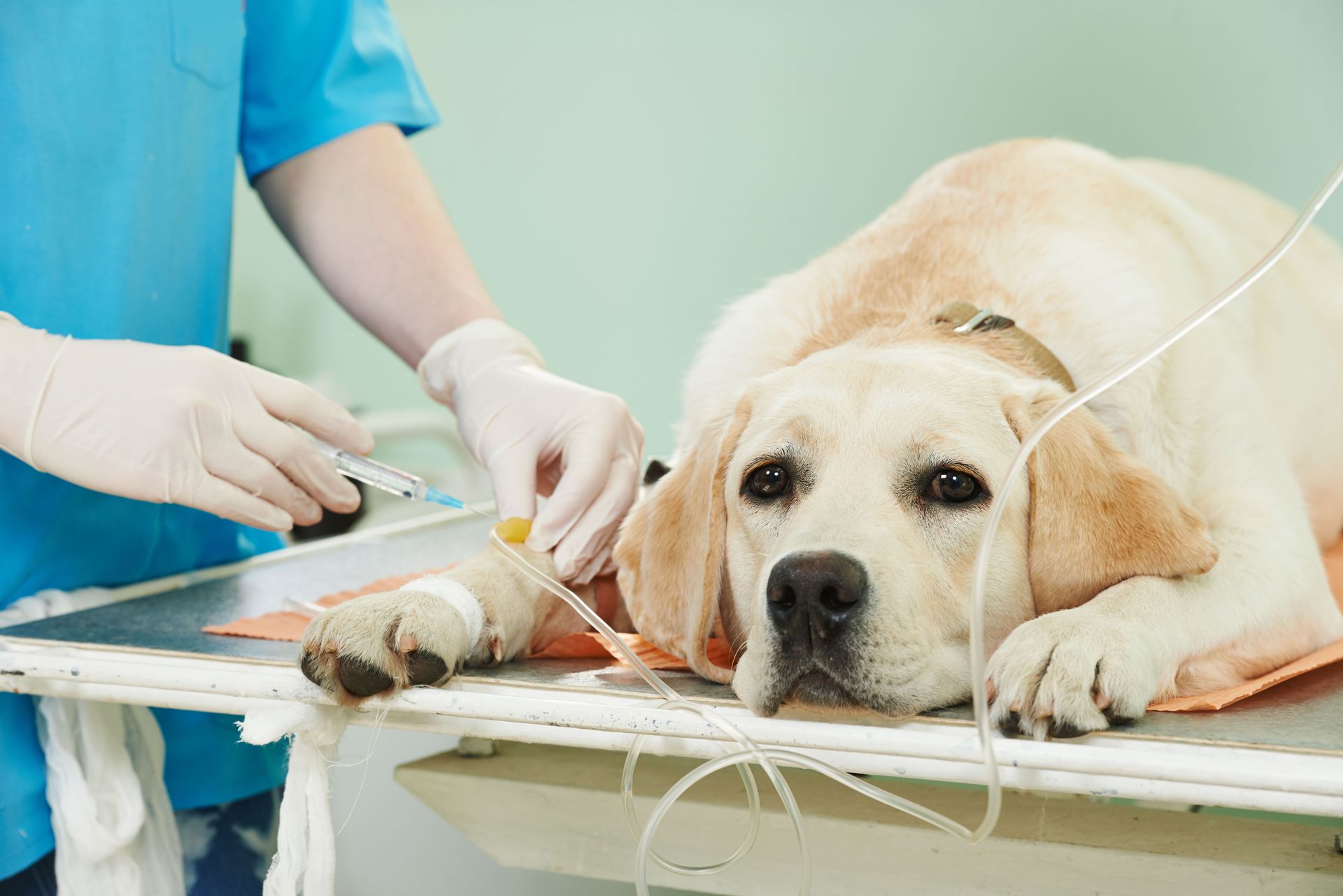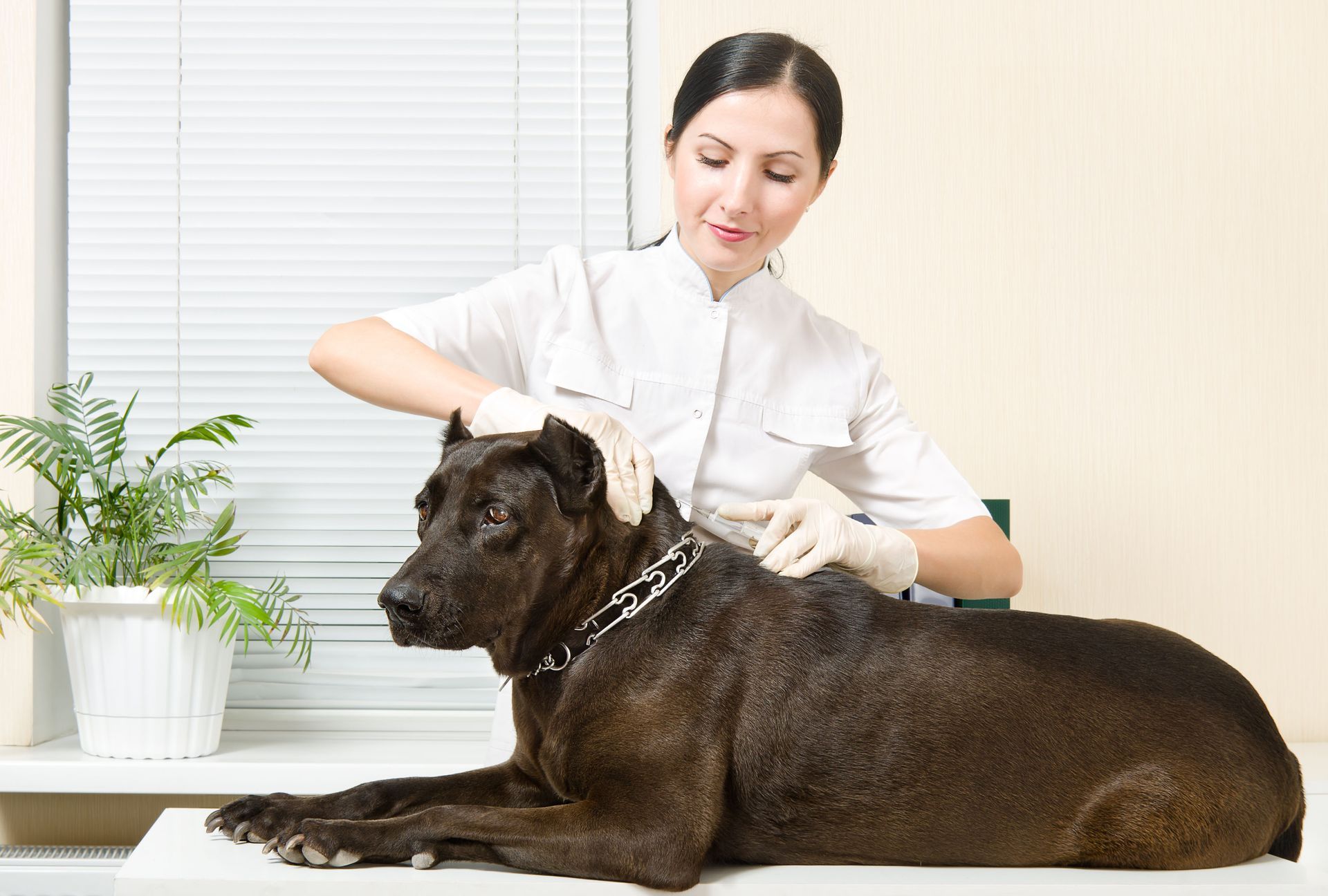Serving The Community Since 1933
3 Signs Your Dog May Be Epileptic
Much like humans, dogs can suffer from epilepsy, a neurological disorder that leads to recurrent seizures. While witnessing your furry friend experiencing a seizure can be alarming, it's crucial to understand the signs and symptoms to seek timely medical intervention. In this blog post, we will discuss the three key signs that may indicate your dog is epileptic.
1. Unexpected Seizures
A major sign of epilepsy in dogs is unexpected convulsions or seizures. These episodes may range from mild, like twitching or short periods of blank staring, to severe, such as losing consciousness and violent shaking. According to WebMD, epileptic dogs will usually have their first seizure between six months and three years old, making this a critically important age range to observe any unusual behavior. Early detection and intervention can significantly improve the management of the condition and enhance the quality of life for affected dogs.
2. Recurring Muscle Stiffness
Another indication your dog may have epilepsy is experiencing muscle stiffness or rigidity during a seizure. While this can often be mistaken for other issues, recurrent and unexplained muscle stiffness needs to be checked by a vet during a dog checkup. This symptom is commonly followed by abnormal drooling, foaming at the mouth, or even incontinence, which are classic signs of a seizure episode.
3. Behavioral Patterns Around Seizures
Changes in behavior before or after a seizure can also be a sign of epilepsy. Some dogs may display signs of anxiety, restlessness, or odd behavior such as hiding or becoming overly aggressive before a seizure occurs. After the seizure, it's not uncommon for dogs to appear disoriented, lethargic, or excessively thirsty. These behaviors around seizures should not be overlooked as they contribute to understanding the full scope of the disorder. Regular veterinary evaluations, including a thorough dog checkup, can help identify and manage these behaviors effectively.
Recognizing the signs that your dog may be epileptic is crucial in providing them with the care they need. Pay attention to unexpected seizures, muscle stiffness, unusual drooling, and significant changes in behavior. If you suspect your dog may have epilepsy, schedule a dog checkup with a veterinarian from our staff at Perrysburg Animal Hospital to discuss treatment options and improve the quality of life for your beloved pet. Knowledge and timely action can make a significant difference in managing this condition effectively.

















Share On: